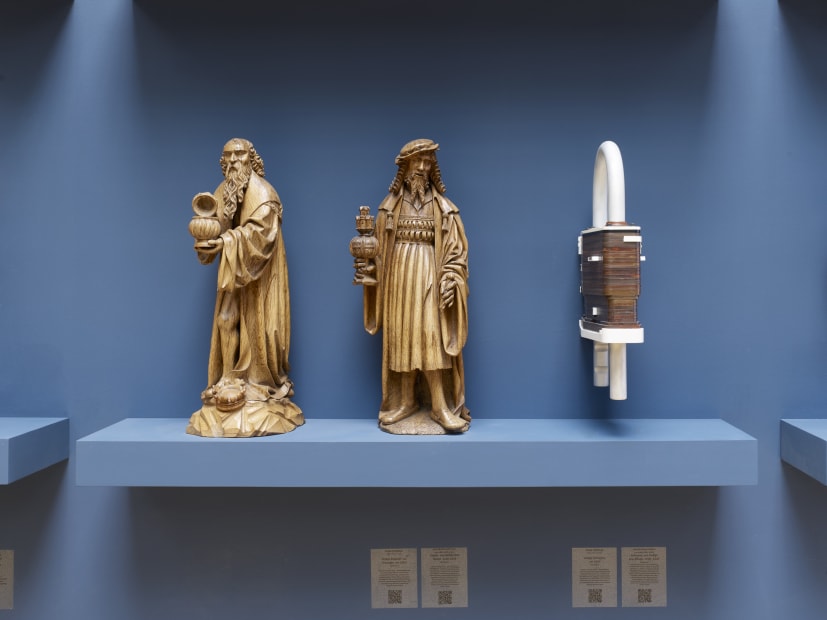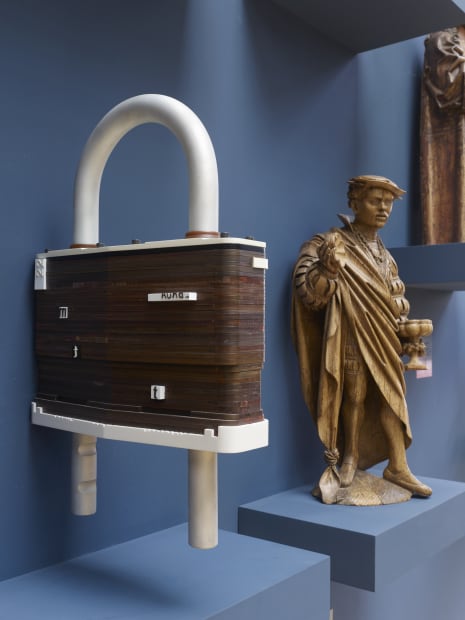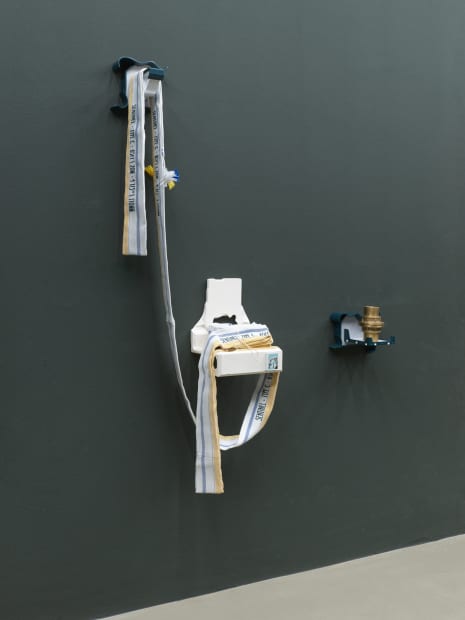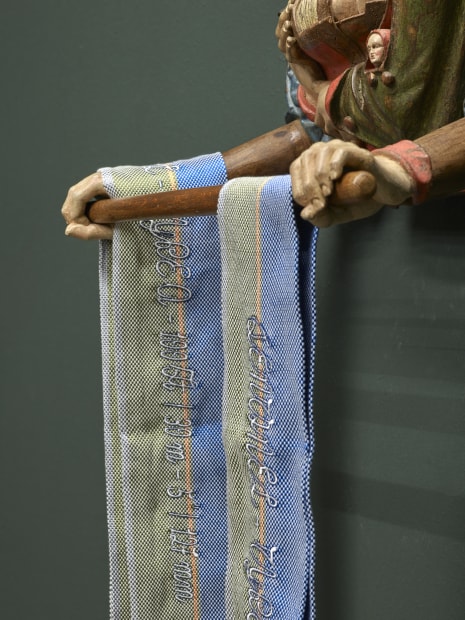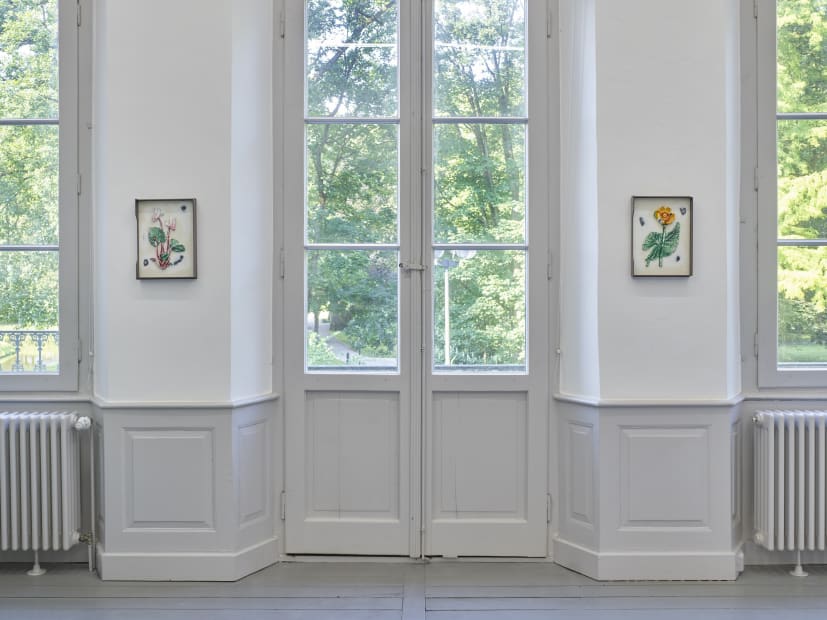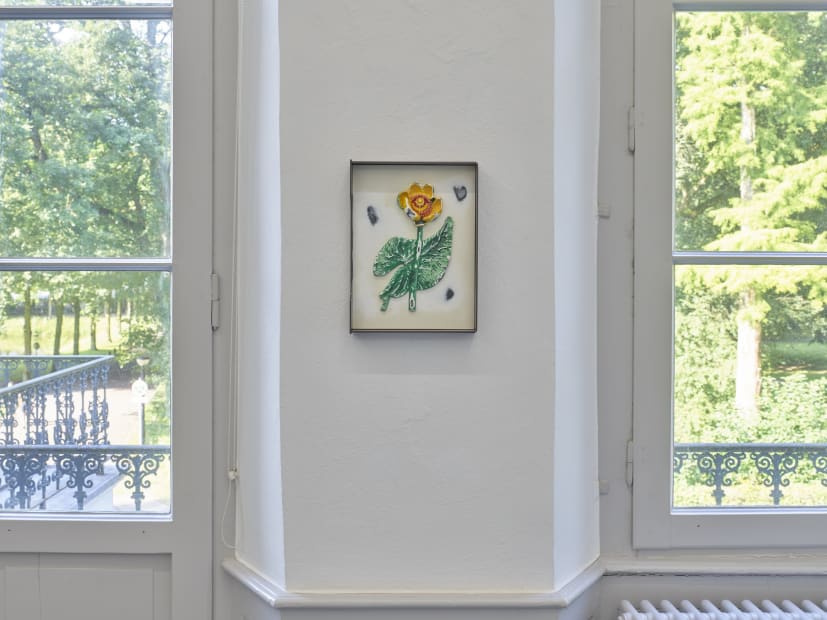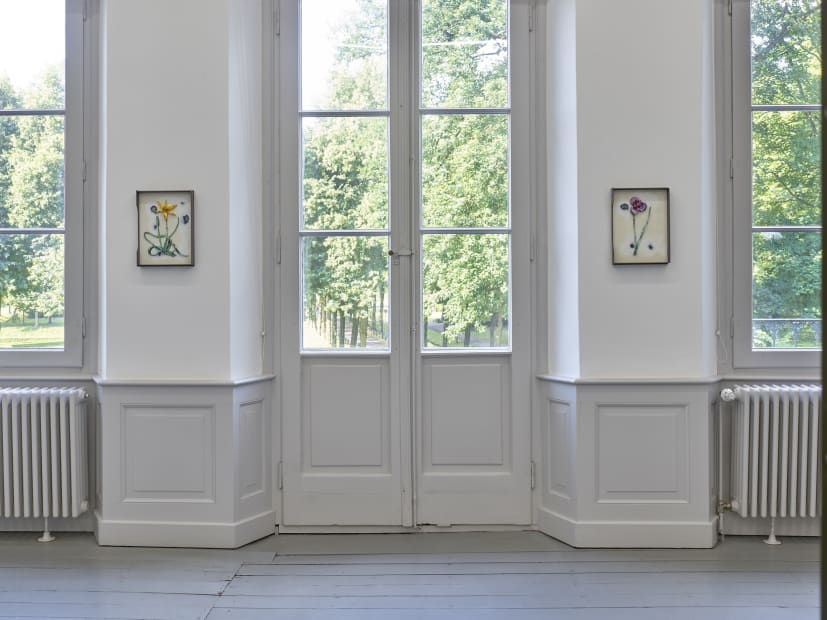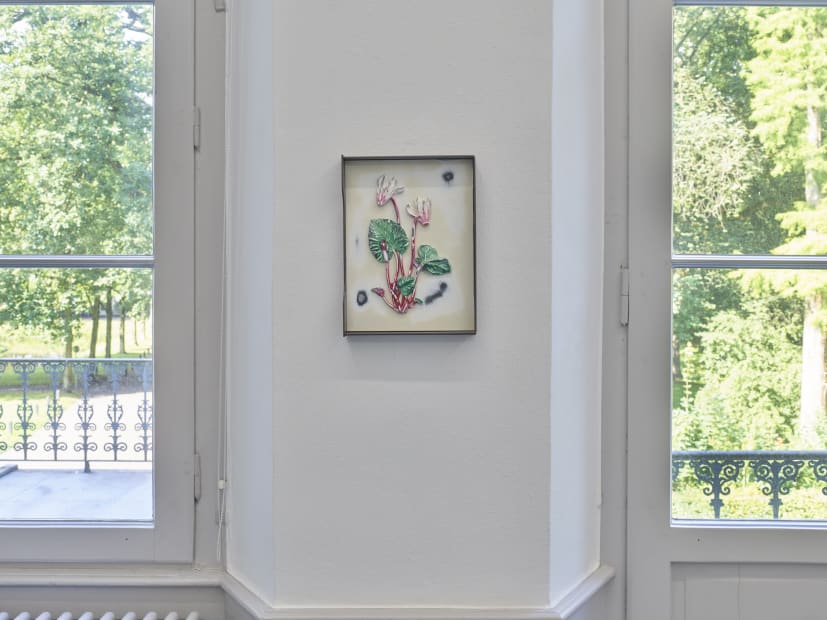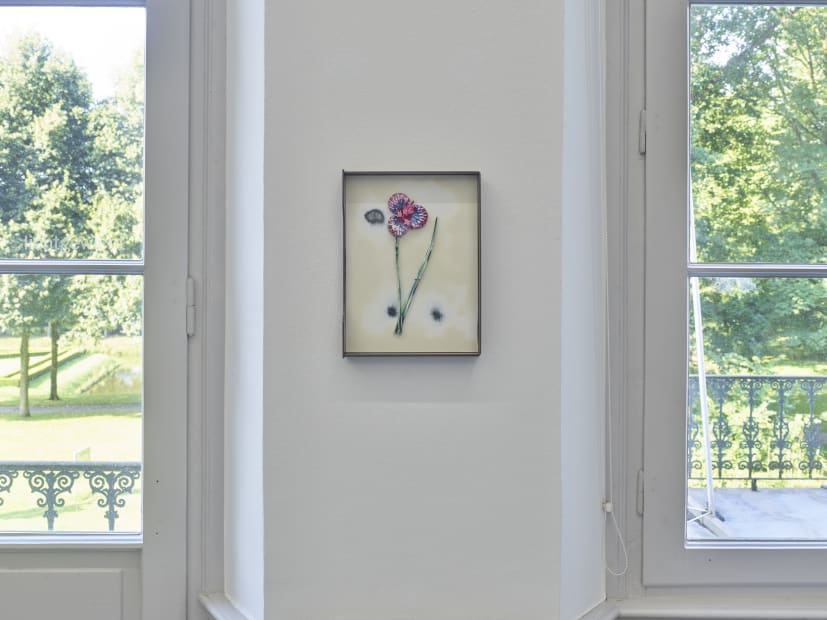Magali Reus: Our Volumes: Kunstmuseum Kurhaus Kleve, Germany
Magali Reus is a Dutch artist who lives in Amsterdam and London and creates sculptures that defy clearly recognizable rules. Her works refer to objects from the everyday world, but subvert them through unusual dimensions, positions or combinations. "Disobedience" or disobedience is an important term for the artist: the sculptures cannot be classified, they seem to be one thing but could also be something else.
Based on Park Cities , an artist's book by Magali Reus, which was created in cooperation with the Museum Kurhaus Kleve and the Walther König publishing house in Cologne, the exhibition is thematically oriented towards the site-specific situation of the Kurhaus. In particular, the focus is on actors who are linked to the immediate outdoor space of the museum (park, agricultural area, small town) and as such are embedded in various networks (social, ecological, economic). The selection and installation of the works takes place in close cooperation with the artist and goes hand in hand with her interests in collectivity and ecology, which open up a field between nature, technology and post-industrial activities.
The starting point for the exhibition in Kleve is the series of mushrooms, the so-called Knaves (2021 - 22), which the artist created during the pandemic. For Magali Reus, mushrooms are a kind of alter ego: they are embedded in various networks that both require and promote them. They thrive in a complex interplay of ruined soils (deforested forests, impoverished subsoil) and bacteria, as the scientist Anna Lowenhaupt Tsing shows ( The Mushroom at the End of the World . Princeton University Press, 2015). For Tsing, "precarity is the condition of our time," which she illustrates with reference to the climate crisis, war and unemployment. She illustrates what a capitalism based not on expansion but on interspecies cooperation could look like. For Reus, the Knaves , which literally means ‘cunning fellows’, represent a contemporary form of production: they are located both inside and outside the economic cycle, they are part of an ecological network and perhaps also of a cunning conspiracy similar to a Shakespearean play in which the actors use each other to keep the game going.
Photo by Simon Vogel




























